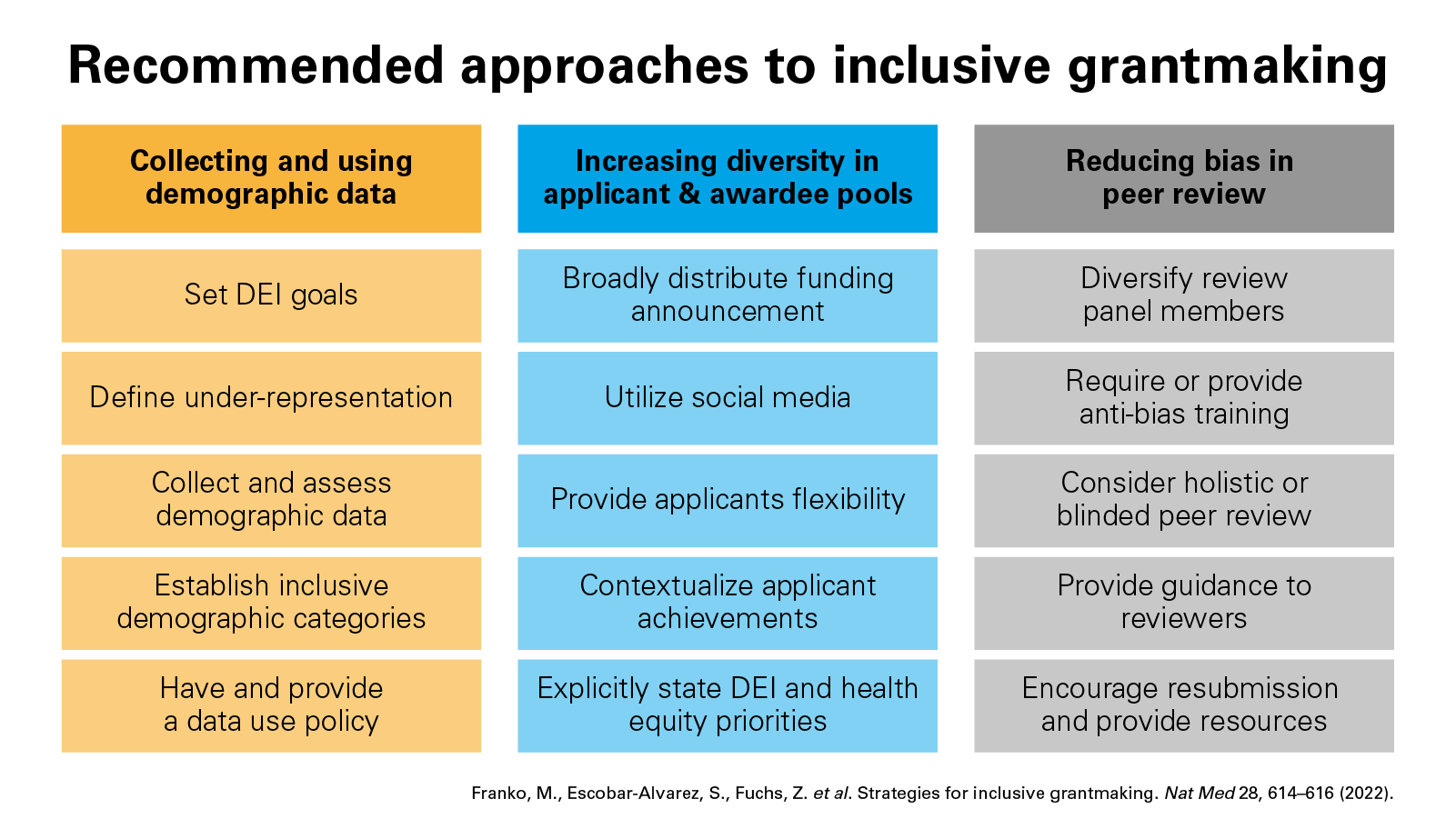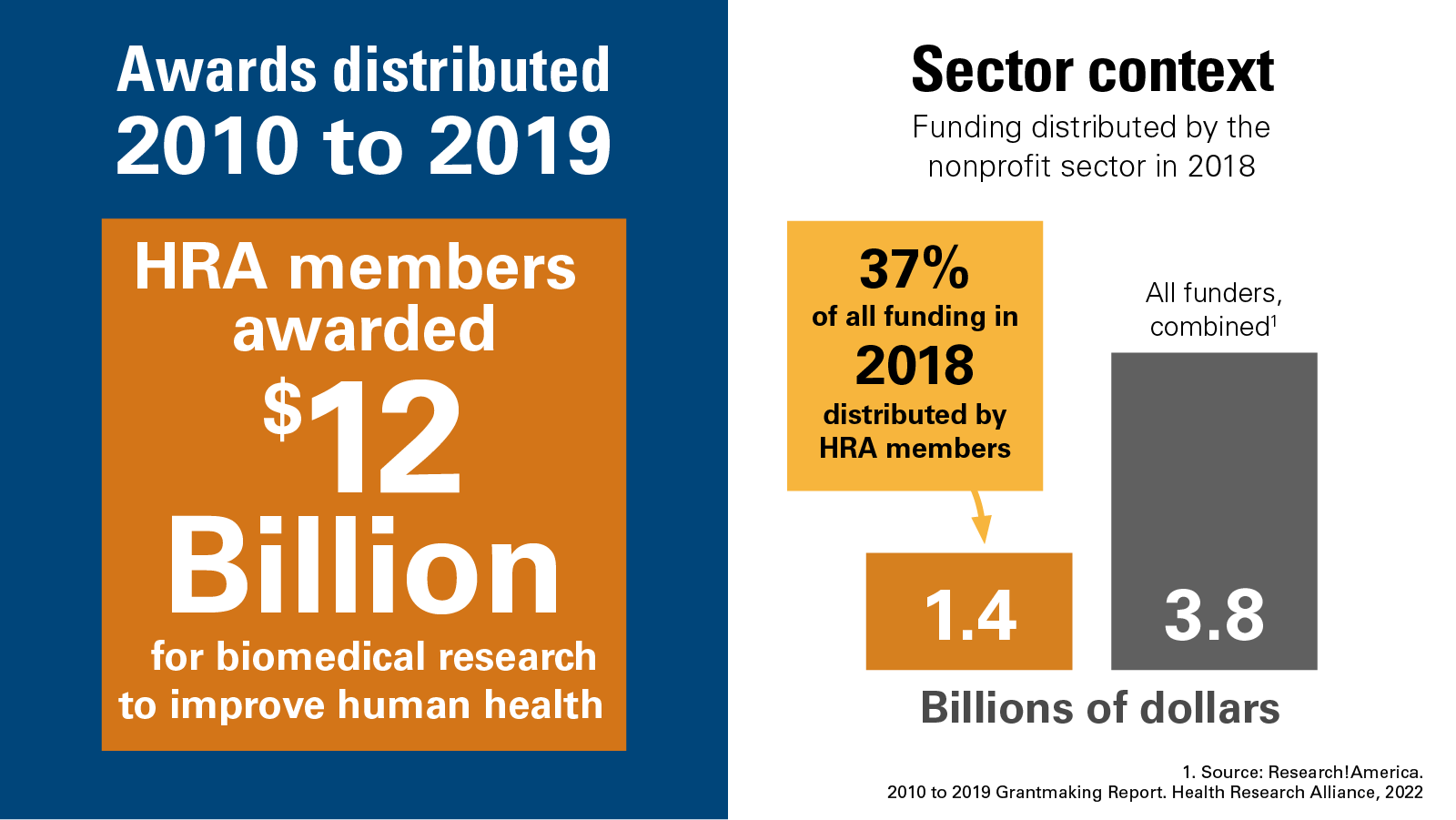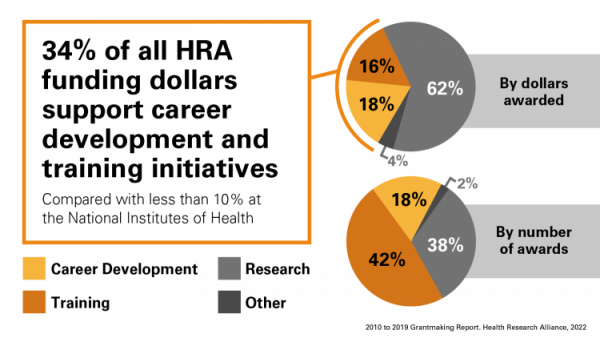Evidence has shown that a diverse healthcare workforce not only improves patient care outcomes, it also allows organizations to be more productive, creative and innovative. Still, minorities face slower promotion rates and are significantly less represented in leadership and academic career positions.
In addition to curated resources and events on diversity, HRA also has dedicated the Diversity, Equity and Inclusion Learning Community focused on (1) identifying barriers to biomedical researchers’ full participation in discovery that can be addressed by member organizations and ways to advance research that improves the health of all communities, and (2) combating bias in health care that have resulted in the health disparities that exist today.


